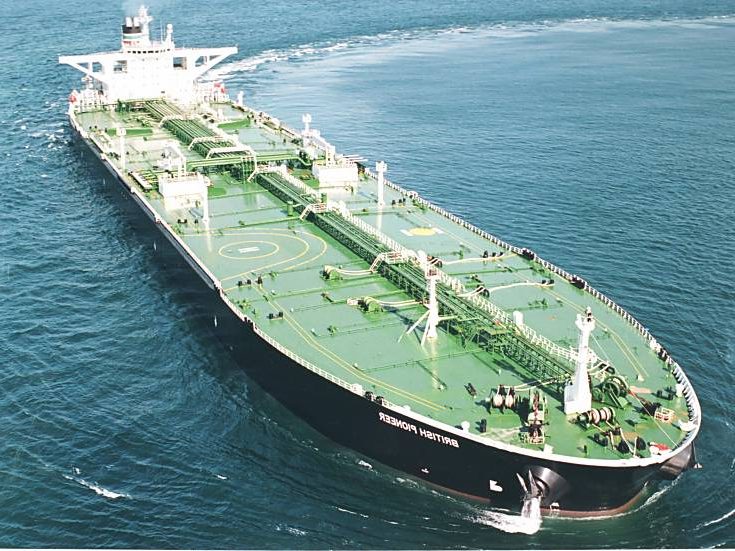…The world’s worst record
Kunle Kalejaye 03 September 2015, Sweetcrude, Lagos – Nigeria’s oil-rich Niger Delta region is characterised by a prevalence of both old and new oil spills, over 9,343 incidents in the last 10 year, according to official records.
This translates to an average of nearly a thousand spills yearly, the highest rate of spills globally.

Official records from the National Oil Spill Detection and Response Agency, NOSDRA, covering the period, 2006 and 2015, indicate that there were over 5,000 spillage sites from the over 9,000 spills.
Some of the spill sites, according to the records, include Taylor Creek 2SS flowline between Ayamabele/Kalaba communities, Adibawa well 16T wellhead, Single Point Mooring 1 offshore floating hose 13, 6Taylor Creek 2Ss flowline near TK 1T well location, 8Nkpoku-Bomu Trans Niger pipeline right of way B, 28 Trans Niger pipeline at Ekporo, 18 Tebidaba/Brass pipeline at Oyeregbene; 24 Nembe Creek Trunkline, NCTL, at Adamakri and Osie65 flowline wellhead location Oshie.
Also included are 18 Tebidaba/Brass pipeline at Oyeregbene, 28″ Nkpogu-Bomu Pipeline-Kporgor Tai LGA River State, 18 Tebidaba/Brass pipeline at Oyeregbene 16 and many more.
French oil giant Total is the latest company to be hit by oil spill in the country as the company last week reported an incident at its Obagi-Rumuekpe export line in Rivers State, which it blamed on sabotage.
The company did not say the volume of oil spilled but maintained that it was losing up to 100,000 barrels of oil per day due to the closure of the export line following the spill.
Shell was last week also in the news over a 2011 incident at its Bonga facility, which spilled 40,000 barrels of oil into the environment, and for which National Oil Spill Detection and Response Agency, NOSDRA, has ordered the multinational oil company to pay N3.6 billion to the affected communities.
Commenting on the spill record as revealed by NOSDRA, Professor John Onwuteaka of the Department of Applied and Environmental Biology at the Rivers State University of Science and Technology, Port Harcourt, said that lack of any openly documented access to spillage sites or spills predating 2006 increases the assumption of many undocumented sites waiting to be detected.
The over 9,000 spill incidents as reported by NOSDRA, according to environmentalist, would lead to Nigeria losing nine states that makes up the oil rich region, including their arable lands and water resources in the future if drastic measures are not taken to stop the menace of spills in the region.
Underlining the dangers of oil spillage, environmentalist present at the recent 4th Oil Spill Conference 2015, organised by Kaku Professional Engineers in Lagos, urged the Federal Government to declare a state of emergency on oil spills and the affected Niger Delta region. They also urged government to commence immediate clean up of all spill sites, stressing that it is a silent killer of Nigeria’s future.



